
STEM ed accessibility (start time: 2:03): It’s challenging enough learning science, technology, engineering and math when you can clearly see the physical models or images of neurons on a screen. So, imagine the hurdles faced by students who are blind or otherwise visually impaired? In this week’s show, host Susan Moran interviews two chemists who are working on making STEM education more accessible to people with visual and other impairments, and on making learning more interactive for everyone. Dr. Hoby Wedler is an organic chemist, a sensory expert, and a product development consultant based in Petaluma, Calif. Blind since birth, he works with many companies in the food and beverage industries. And he founded and directed a nonprofit organization that for several years led chemistry camps for blind or visually impaired students. Dr. Brett Fiedler is a physical chemist with the University of Colorado Boulder’s PhET Interactive Simulations project. The team has been researching and designing new multimodal features for interactive science simulations.
Host & Show Producer: Susan Moran
Engineer: Alexis Kenyon
Executive Producer: Susan Moran
Listen to the show here:
Podcast: Play in new window | Download (Duration: 27:39 — 50.6MB)
Subscribe: RSS



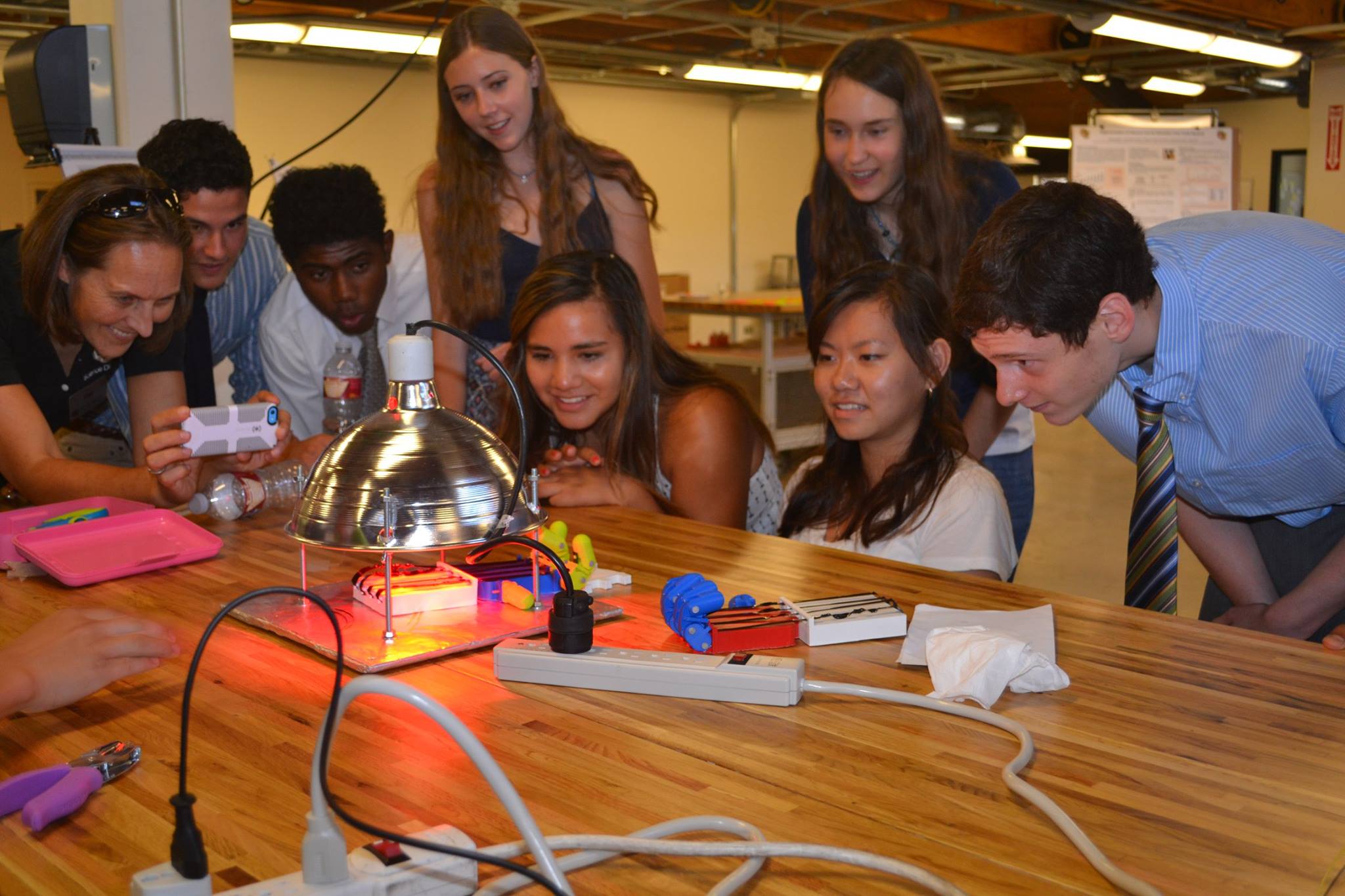
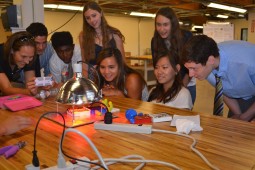
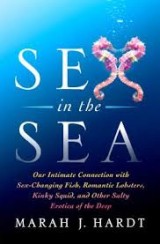 Sex & Evolution Beneath the Waves (start time: 14:45) Ever wonder about the sex lives of gender-bending fish, desperately virgin elephant seals, and other creatures of the sea? Marine ecologist
Sex & Evolution Beneath the Waves (start time: 14:45) Ever wonder about the sex lives of gender-bending fish, desperately virgin elephant seals, and other creatures of the sea? Marine ecologist 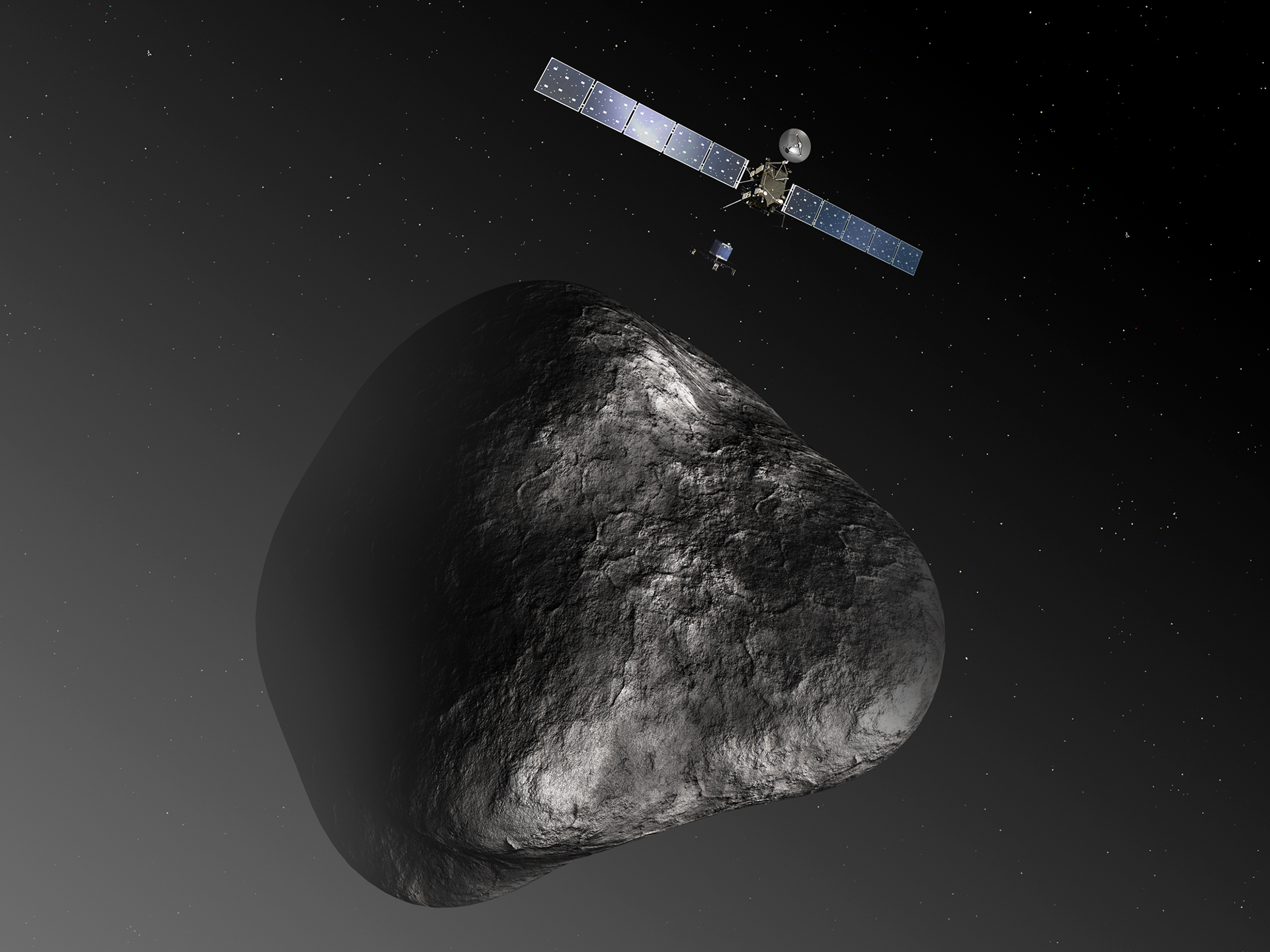
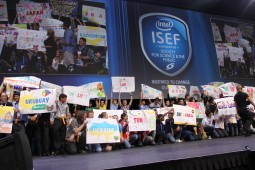
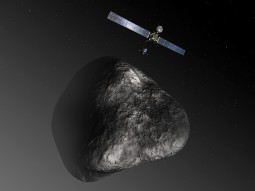

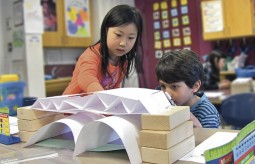 Feature #1: (start time 5:53) STEM, as you may well know, stands for
Feature #1: (start time 5:53) STEM, as you may well know, stands for 